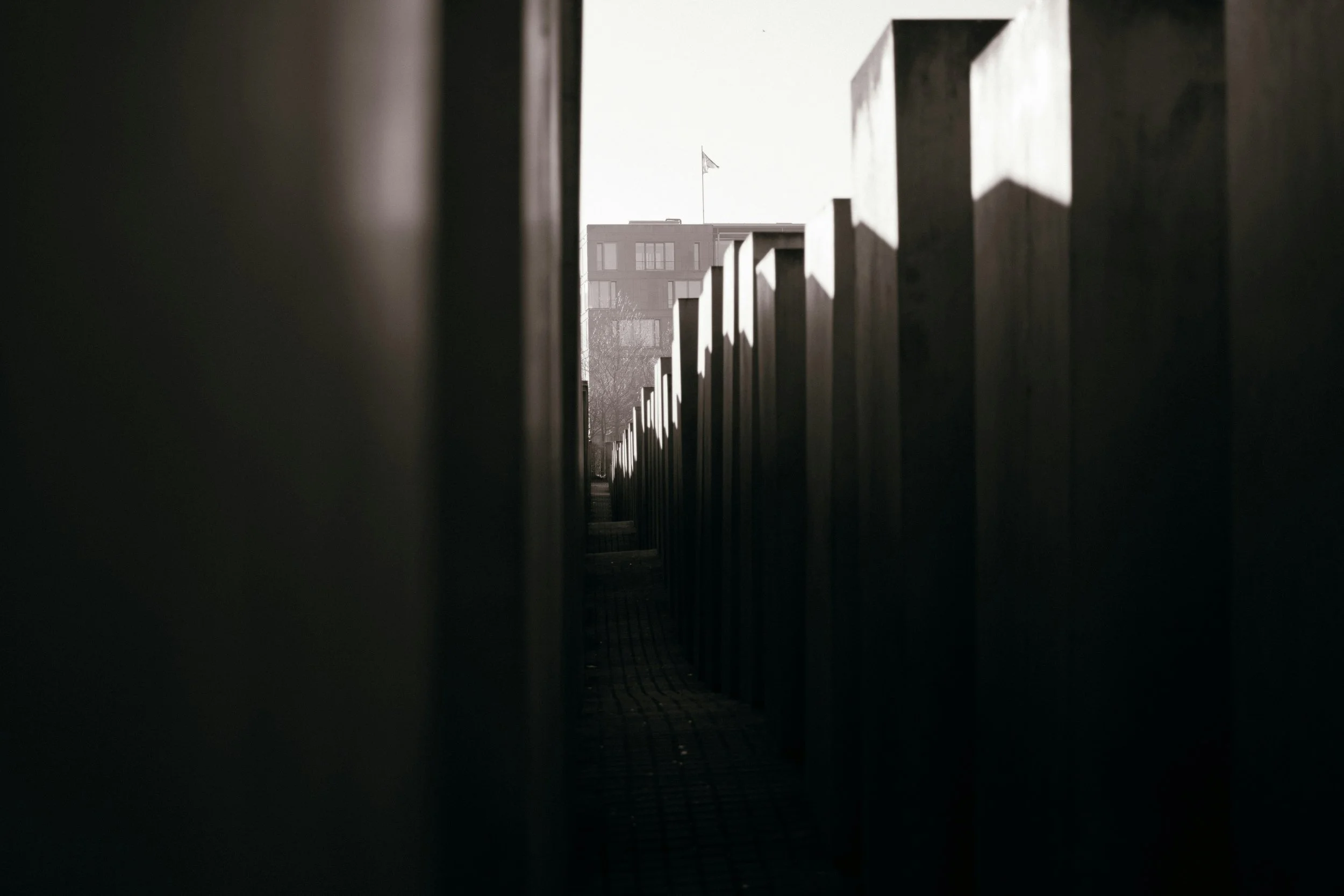The Great Famine Μεγάλος Λιμός
Do we believe that when Ehud Olmert, the former prime minister of Israel, compared the “humanitarian city” Israel plans to build in the south of Gaza to a "concentration camp" that he was being antisemitic?
Many of our universities in the United States have departments of Holocaust and genocide. We need to be able to ask ourselves not only what each of the terms “Holocaust” and “genocide” mean historically but also about the meaning of the “and.” Our society’s increasing refusal to allow this is causing people to leave the field. Marianne Hirsch, the daughter of two Holocaust survivors, has taught for years as a genocide scholar at Columbia University. She wonders if she can still use the books of Hannah Arendt. Arendt was a major German Jewish thinker who knew first hand the horrors of the Nazis' protracted extermination of Jews in Europe. Arendt’s writings about what steps the Nazis took to lay the groundwork for the Holocaust are cited often, including by myself, and considered by many required reading for anyone who wants to reflect deeply on the Holocaust. Arendt was also critical of the founding of Israel and signed an open letter to the NY Times, when she became deeply troubled by the direction she felt Israel was taking. This letter was also signed by Albert Einstein and deserves to be read again in our present circumstances. Will teaching Arendt now be a criminal act, Hirsch very reasonably asks herself. She speaks about this in a recent interview she gave to the Associated Press. The same interview quotes her saying, “A university that treats criticism of Israel as antisemitic and threatens sanctions for those who disobey is no longer a place of open inquiry…I just don’t see how I can teach about genocide in that environment.”
Members of my children’s family were in Athens during what is known in Greece as “the Great Famine,” 1941-1944. There are traumas they experienced during that time inflicted by the Nazis that still haunt them. Coincidentally I have been told many important Greek films were destroyed during this period because short strips of celluloid were converted by starving members of the population into combs to remove lice. Am I not to write that I think of this and reflect on the use of starvation along with ethnic cleansing and genocide by the Nazis as Israeli drones fire on what the Israeli whistleblowers who manned them themselves describe as unarmed Palestinian civilians while Gaza collectively is being starved to death?
At the time of the Nuremberg trials prosecuting the Nazis, there were no laws on the books against genocide, because it had not yet been imagined as a crime and therefore had not yet been included into international law, as it is today. Lawyers for the prosecution looking for a precedent to allow for prosecution in such a case, referred in their discussions to Antigone, as one of two precedents for evoking an unwritten law. In the eponymous play written by Sophocles she appeals to an unwritten law that trumps the law of tyrants. Now there is a case requiring a higher law again, this time in regard to the genocide taking place in Gaza. No human law that makes it illegal to speak the truth against the crime of genocide can be considered in conformity with the higher unwritten law associated with Antigone at the Nuremberg trials. Netanyahu and other current political Israeli leaders constantly evoke the Holocaust to defend their acts. Let them talk. Their speech should be protected to the degree that it conforms to existing laws protecting free speech. But so should the speech of Jews and others who think it is important to think and speak about the Holocaust and genocide together, including the genocide of the Palestinians of Gaza, and oppose the current policies of Israel on this basis.

